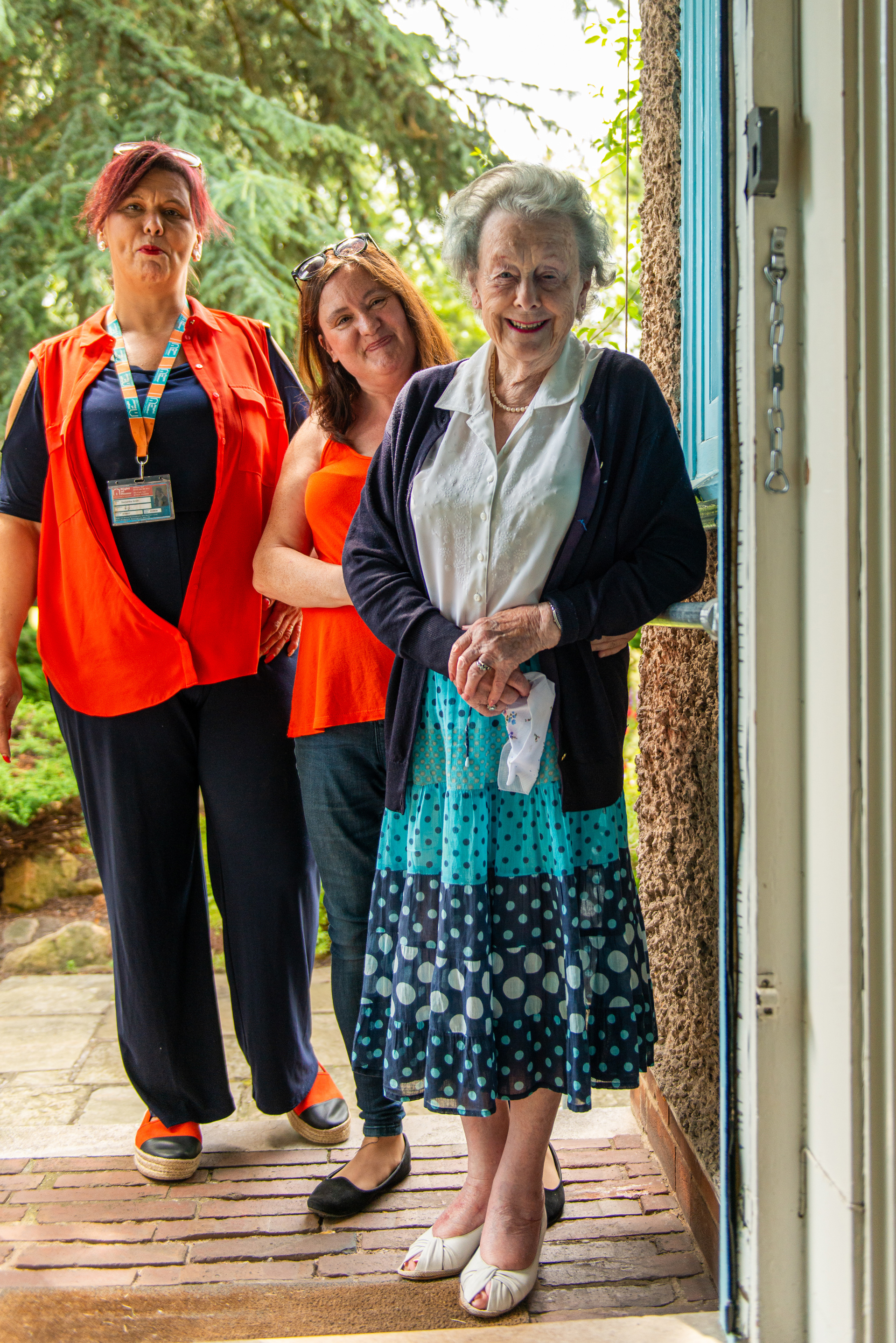5 things to check before a hospital discharge
Before your loved one comes home

Published: 23/10/2025
1. The Hospital Disharge Plan
Before your loved one leaves hospital, ask for a copy of the full discharge plan.
It should include:
- A summary of diagnosis, treatment and hospital stay.
- Clear medication instructions (doses, timing, side effects).
- Follow-up appointments (GP, physiotherapy, specialists).
- Red-flag symptoms that mean "call a Doctor or 999"
👉 Pro tip: If you're working with a home-care team (like Right at Home Solihull), share this document early - it helps us tailor care from day 1 and means we can be in place quicker!
2. Medication Review & Management
Medication changes are one of the biggest risks post-discharge.
- Double check old prescriptions - sometimes they will be stopped or replaced.
- Use a blister pack or pill organiser to prevent errors.
- Make sure your care provider knows exactly what's been prescribed and when.
👉 Ask the hospital pharmacists or GP for a "meds reconciliation" - it ensures no clashes or duplications.
3. Home Safety & Accessibility
Falls and re-admissions often happen because the home environment isn't ready.
Inspect the following:
- Trip hazards (rugs, clutter, wires).
- Staircases and bathrooms (add rails, non-slip mats, grab handles).
- Lighting - ensure clear pathways between bathroom and bedroom at night.
- Bed and seating height - make it easy to get up from.
👉 If you're uncertain, book a home-safety assessment. Many home-care providers should offer this - and we, at Right at Home Solihull, offer this for free.
4. Follow-Up Care & Support
Check what ongoing help is needed in the first few weeks:
- Daily care tasks (washing, dressing, meals, medication reminders).
- Physiotherapy or rehabilitation exercises (if relevant).
- Monitoring of wounds, blood pressure, mobility or cognitive changes.
- Emotional support and companionship.
👉 Ideally, arrange professional care for the first 1-2 weeks after discharge - this reduces stress and risk of readmission.
5. Communication Between Everyone Involved
Make sure all professionals and family members are on the same page:
- GP, hospital team, carers and family should share updates.
- Use our digital app to see visit updates, progress and it contains all contacts as well as medication lists.
- Schedule a first-week review to ensure everything's running smoothly.
👉 At Right at Home Solihull, families often compliment our digital care app so they are always informed and reassured.
💡 Bonus Tip: Ask the discharge nurse:
"What the top three signs my relative might be deteriorating?"
This single questions often reveals crucial early-warning symptoms you can watch out for.
✅ Summary Checklist
| Area | Key Action |
| Discharge plan | Collection and share with care provider |
| Medication | Confirm updated list, dosage and timing |
| Home setup | Remove fall risks, install safety aids |
| Support | Book care visits for initial adjustment period |
| Communication | Centralise information between family, GP and carers |

